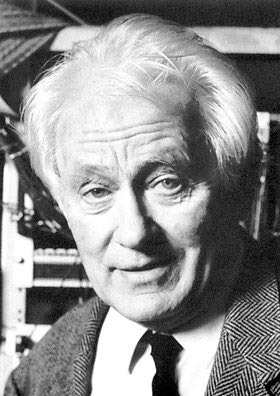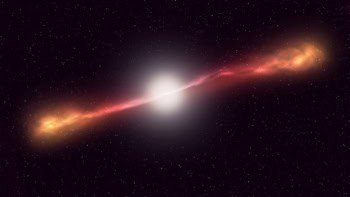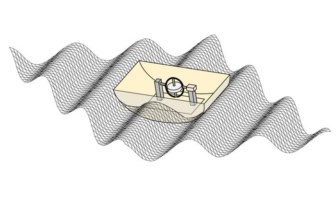
The Polish-French physicist Georges Charpak, who won the Nobel Prize for Physics in 1992 for his work on particle detectors, died yesterday at the age of 86.
Charpak spent most of his career at CERN and it was there in 1968 that he developed a new approach to detecting charged particles. His multiwire proportional chamber increased the data collection speed by a factor of 1000 compared with previous techniques. The chamber quickly became a standard tool in particle physics and won Charpak the 1992 prize.
Charpak went on to develop a number of different particle detectors, some of which are used in biophysics and medical physics. More recently, he developed a radon detector that could help predict earthquakes.
Born in Poland in 1924, Charpak became a French citizen in 1946. After studying engineering at the Ecole des Mines in Paris, Charpak did a PhD in nuclear physics at the prestigious College de France. He spent his early years as a physicist at CNRS before joining CERN in 1959, from which he retired in 1991. Charpak was also an honorary fellow of the Institute of Physics, which publishes physicsworld.com.



